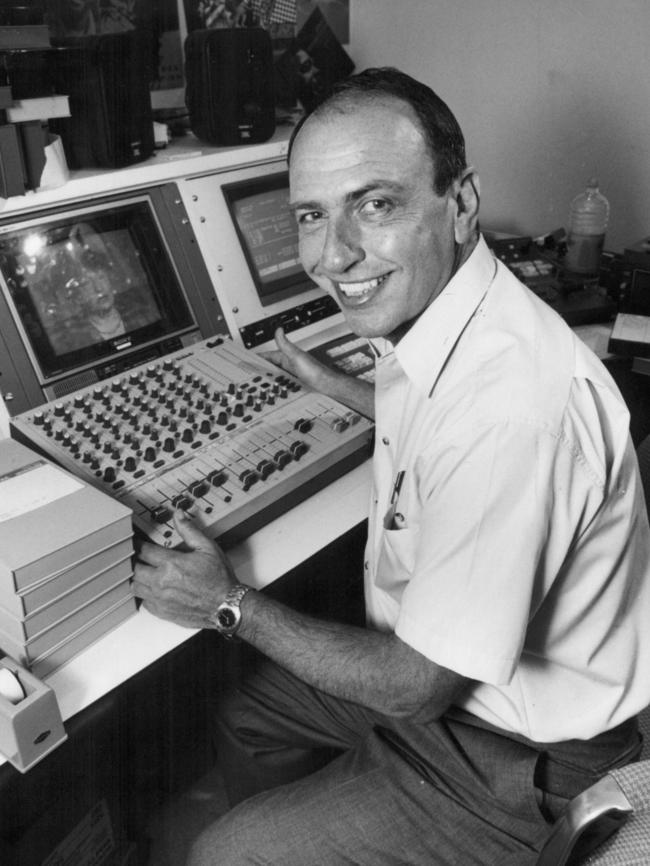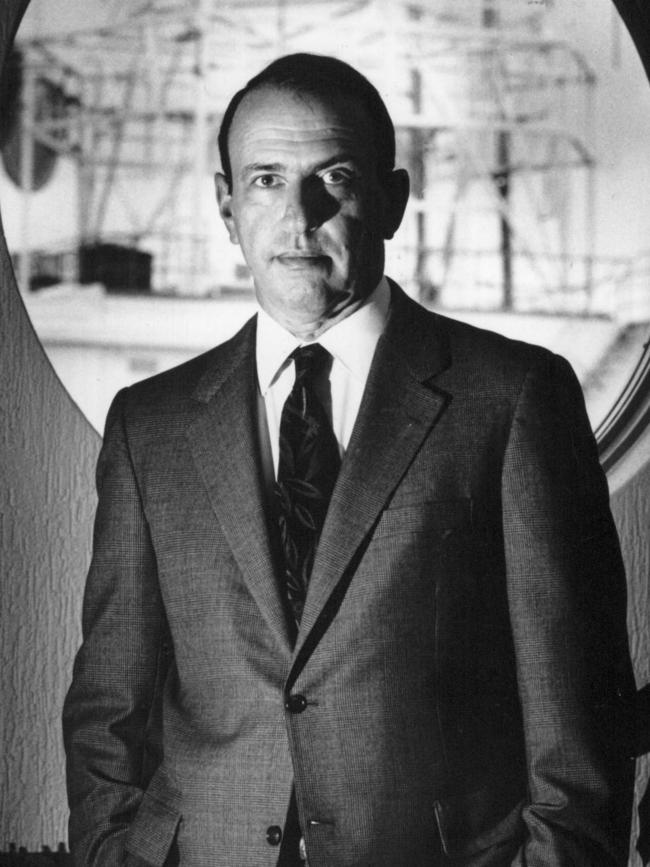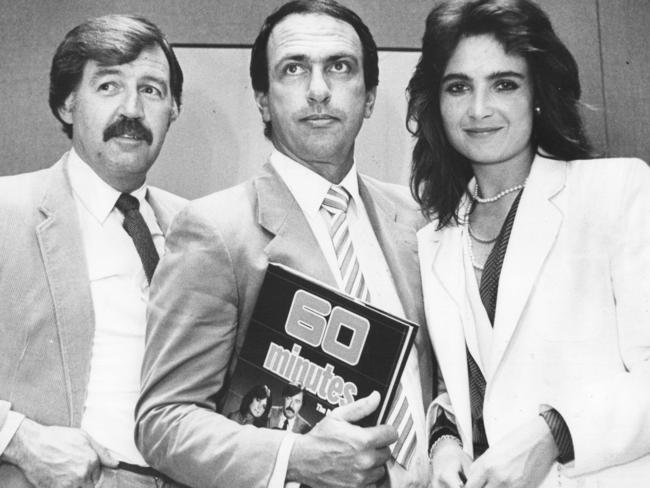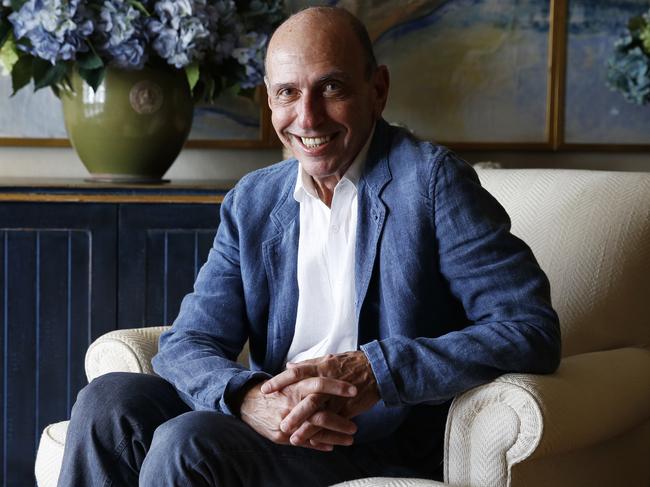Australia’s founding father of 60 Minutes Gerald Stone dies
60 Minutes Australia’s founding father, Gerald Stone is today being hailed as one of the pioneers of current affairs journalism in this country, after news of his death emerged.
TV
Don't miss out on the headlines from TV. Followed categories will be added to My News.
Sixty Minutes Australia’s founding father, Gerald Stone is today being hailed as one of the pioneers of current affairs journalism in this country, after news of his death was confirmed by former colleagues and peers.
Stone was famously given a blank cheque back in 1979 by Channel 9’s then owner, Kerry Packer to create a serious news investigation show which would launch the careers of media stars, including Jana Wendt, George Negus and Ray Martin.
Born in 1933 in the United States and raised in Columbus, Ohio, Stone graduated from Cornell University with a degree in political science, landing his first job in journalism in 1957, as a copy boy at the esteemed The New York Times.
In an illustrious and highly-respected career, Stone would go on to head up current affairs for Rupert Murdoch’s Fox Network in New York; before returning to Australia as network head of current affairs for Channel 7.
He would be appointed a Director of SBS in 2000, and was reappointed for a further five year-term in 2005, serving in the role as Deputy chairman until December 2010.
He was made a Member of the Order of Australia (AM) in the 2015 Australia Day Honours “for significant service to print and broadcast media as a journalist, editor, television producer and author.”


As a journalist and producer, his career would be marked by filing and commissioning many landmark stories, but none more important than his 1975 investigations in East Timor.
Stone and camera operator Brian Peters were offered the chance to board a medical supply ship bound for strife-torn country, but the organisers needed $6000 to fund the mission.
Packer agreed to pay on the condition that he would come as well.
The mission produced dramatic vision of the fighting and the wounded with Stone, Peters and Packer coming under fire, as 300 refugees were evacuated.
Six weeks later, Peters and Nine reporter Malcolm Rennie together with reporter Greg Shackleton, sound recordist Tony Stewart and cameraman Gary Cunningham from HSV-7 Melbourne were sent to cover the Indonesian invasion of East Timor.
All five were murdered by Indonesian troops in Balibo, a matter of lifetime regret for Stone who was obsessive about crew safety.
In 2007, he would author the controversial and critically-acclaimed book, Who Killed Channel 9?: the death of Kerry Packer’s mighty TV dream machine, in which he slammed the demise of the network’s journalism.

But such was his esteem in the industry, Nine would appoint him the unenviable task of investigating the most damaging affair in 60 Minutes’ history, a botched child rescue attempt in Lebanon.
Stone would describe the jailing of reporter Tara Brown, producer Stephen Rice and their crew as the show’s “greatest misadventure” in 37 years; but blamed network management for insufficient supervision of the program, and declaringd the subsequent sacking of Rice as patently unfair.

A tearful Stone would proudly accept the show’s induction into the Logies Hall Of Fame two years ago, telling the hushed crowd “good reporters don’t cry, so I guess I have lost my stance a bit.”
60 Minutes reporter Liz Hayes, by his side, would honour Stone’s contribution in her speech.
“You have been a magnificent guide to us during this program … there have been good times and there have been bad, but you have been with us, we thank you.’
One of Stone’s protegees and award-winning producer, Anita Jacoby tweeted the news of Stone’s passing, writing “he was an extraordinary journalist and a very decent man. Gerald leaves a lasting legacy on journalism in Australia #Farewell.”
Originally published as Australia’s founding father of 60 Minutes Gerald Stone dies


